South Korea's Health Ministry has urged medical professors not to resign in support of their students' strike, worsening the health crisis.
"If professors also resign, there is no way for interns who have left their workplaces to return," Vice Health Minister Park Min-soo said on the morning of March 13.
Park said medical professors would “lose patients” if they resigned en masse, and suggested the government was ready to sit down at the negotiating table. He said South Korea would do its best to prevent the professors from resigning. The government could not maintain the current state of emergency if medical professors acted like resident doctors.
The Vice Health Minister's remarks came as a growing number of medical school professors have threatened to resign en masse unless the government takes concrete steps to improve the situation. Specifically, on March 11, medical school professors at Seoul National University (SNU) planned to resign en masse this week. Medical professors at Catholic University also warned that they would continue to suspend surgeries and reduce treatment activities for both inpatients and outpatients.
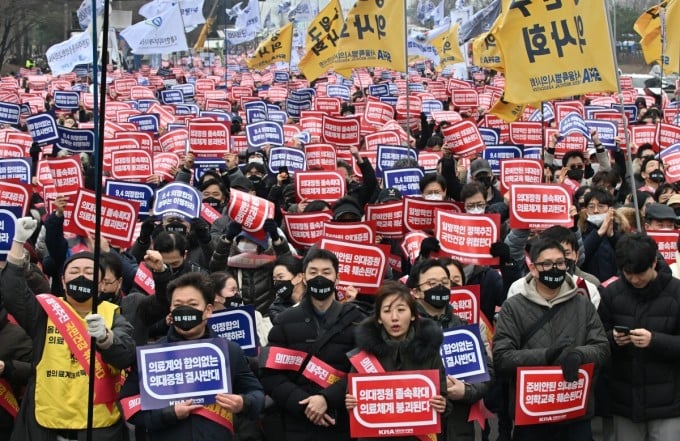
South Korean doctors protest in Seoul on March 3 against the government's increase in medical school admissions quotas. Photo: AFP
Representatives from 19 medical schools gathered in an online meeting on March 12 to consider a course of action, deciding to take comments until the evening of March 15. On the same day, the government decided to provide 94.8 billion won ($72.2 million) to public hospitals this year to address the persistent shortage of human resources.
The residents’ strike began on February 20, when the South Korean government said it was necessary to increase medical school enrollment by 2025 because the country has the lowest doctor-to-population ratio among developed countries. This would improve medical services in remote areas and meet the needs of the rapidly aging country.
Contrary to the government’s view, resident doctors say the country does not need more doctors because there are already enough, and that increasing enrollment will reduce the quality of training and medical services, arguing that the population is declining and Koreans have easy access to medical services. They call on the government to address the low salaries and benefits for specialists and improve legal protection against excessive medical malpractice lawsuits, rather than dramatically increasing the quota.
Thuc Linh (According to Yonhap )
Source link


![[Photo] The 1st Congress of Phu Tho Provincial Party Committee, term 2025-2030](https://vphoto.vietnam.vn/thumb/1200x675/vietnam/resource/IMAGE/2025/9/30/1507da06216649bba8a1ce6251816820)
![[Photo] Solemn opening of the 12th Military Party Congress for the 2025-2030 term](https://vphoto.vietnam.vn/thumb/1200x675/vietnam/resource/IMAGE/2025/9/30/2cd383b3130d41a1a4b5ace0d5eb989d)
![[Photo] General Secretary To Lam, Secretary of the Central Military Commission attends the 12th Party Congress of the Army](https://vphoto.vietnam.vn/thumb/1200x675/vietnam/resource/IMAGE/2025/9/30/9b63aaa37ddb472ead84e3870a8ae825)

![[Photo] President Luong Cuong receives President of the Cuban National Assembly Esteban Lazo Hernandez](https://vphoto.vietnam.vn/thumb/1200x675/vietnam/resource/IMAGE/2025/9/30/4d38932911c24f6ea1936252bd5427fa)
![[Photo] Panorama of the cable-stayed bridge, the final bottleneck of the Ben Luc-Long Thanh expressway](https://vphoto.vietnam.vn/thumb/1200x675/vietnam/resource/IMAGE/2025/9/30/391fdf21025541d6b2f092e49a17243f)




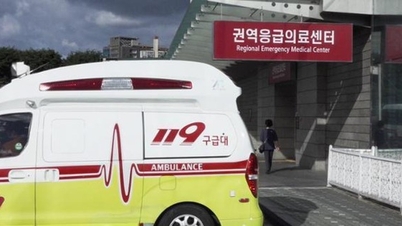



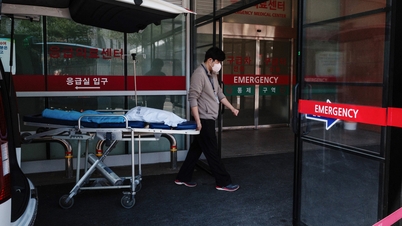


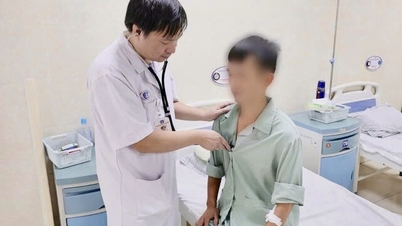



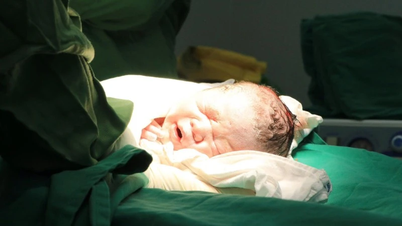

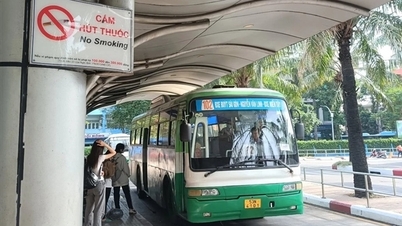


























































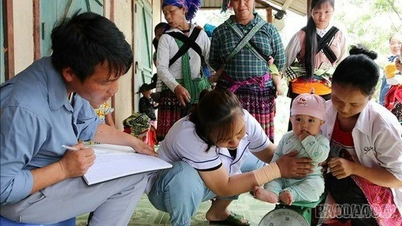


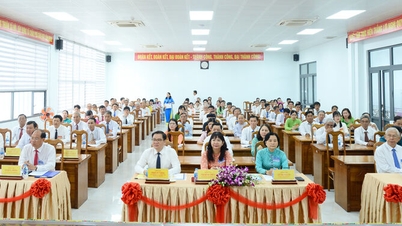
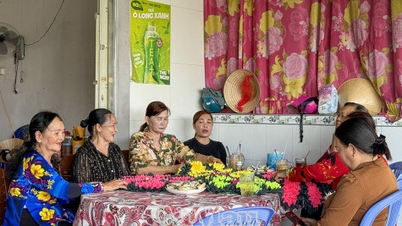















Comment (0)